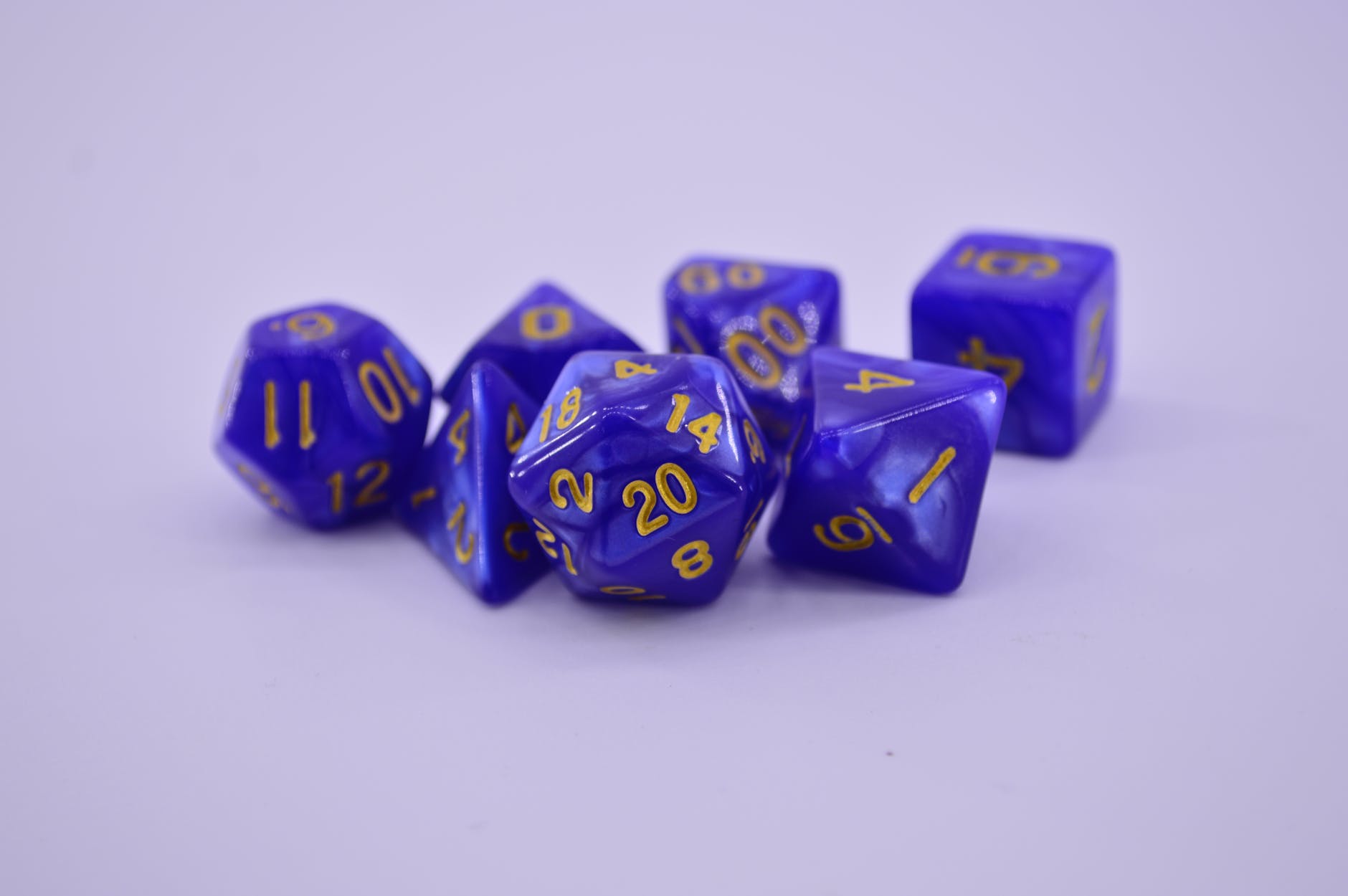I began tabletop roleplaying when I was seventeen. Being a sci-fi and fantasy geek, it was something I fell into naturally. I kept playing into my 20’s, eventually being the only girl who played D&D, Rifts, Vampire, Werewolf and Call of Cthulu in our group of guys. We had a great time together.
Eventually, the group talked me into running my own game. I hesitantly stepped up from the role of player to gamemaster, but actually found that I really liked it and wasn’t half bad at setting up a story to run my players through. In those early days, I was somehow able to keep the attention of a group of guys playing a pack of chaos-loving vampires roaming San Francisco by night. This was my prelude to becoming a writer.
In my experience, gamers really are a whole lot like readers. Gaming is a continuum. At one end you have role-players. These gamers are into character development. For them, the journey of the character is the most important. As a gamemaster, your job is to make sure that the journey challenges your characters. It should be a crucible of sorts – what comes out the other side is a wiser, more experienced player character. In this case, the storyteller is an alchemist, turning lead into gold.
At the other end of the gaming spectrum are the roll-players. For them, winning the game is all. Screw character development; they just want to power-game their way through a dungeon like a badass, disarm all the traps, kill the lich and get their treasure identified to add up the points. These are the ones who call a sword of berserking a great magic item with a slight drawback. (So what if it makes you kill a few friends – that‘s life, right?) These are the players that die and then erase the name at the top of their barbarian character sheet and say they’re now playing Barg’s the barbarian’s brother, Warg the barbarian. They have fun, as long as the action is constantly challenging them to win or lose, live or die. Here the storyteller functions as an opponent, providing a challenging experience where the player is not always sure they’re going to make it.
When I started writing The Rush’s Edge, I kept these ideas in the back of my mind. Every reader is somewhere on the continuum of action and characterization. Too much time spent on characterization could make the story slow to develop and boring. But equally too much action without investment in the characters is just not compelling.
I wanted to tell a story that struck the right balance; a story with the perpetual motion of action fueling the character development, which in turn fuels the action. A continuous cycle. Hal Cullen, the main character of my novel, is a genetically and technology-enhanced super-solider called a “vat.” He has been the embodiment of action his whole life. He’s been modified to be able to use his adrenaline rush to fight harder and react faster than a natural born. Hal is doing what soldiers are supposed to do: follow orders and try to win the game. In the beginning, he is a character for roll-players.
However, when he is released from service, he has to find out who he is in an unfamiliar civilian world. He travels the Edge with his former CO Tyce Bernon, salvaging crashed ships and trying to keep out of the trouble that seems to lead other vats like him to a bad end. Then a woman – a natural-born named Vivi – joins their crew, and Hal begins to see that maybe, just maybe, he can be more than just a bolt-catcher looking for the next rush. This is where our man-of-action begins to develop and grow, transforming his focus to satisfy the role-player in all of us.
As the story continues, the salvage crew finds an alien artifact that could determine the fate of nats and vats across the galaxy. Our heroes grow closer as a crew, facing shadowy government agencies, vat assassins, ship battles and alien presences. Survival is not promised; death waits at every turn and just when things slow down, they speed up again, keeping the action rolling.
This balance of action and characterization formed the underpinnings of my story, making the times with my gaming group utterly invaluable. Like a gamemaster, I constantly balanced the actors in my story with the obstacles facing them. And, just like my gaming group, I hope my readers enjoy the ride.
